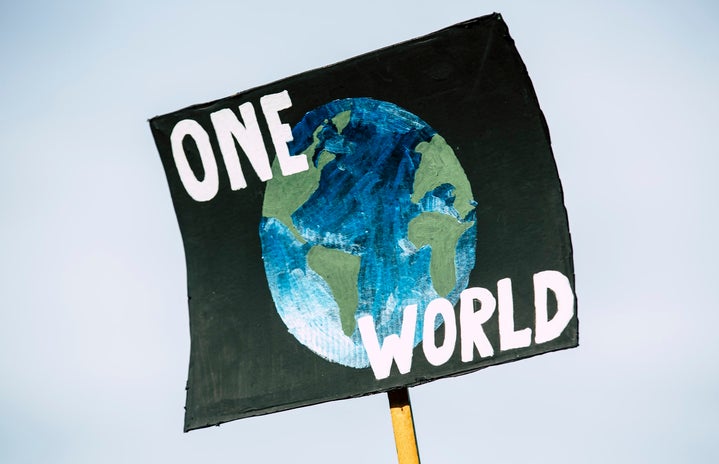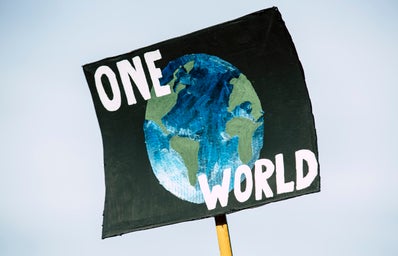Our world is currently in a climate crisis. As you have probably heard, the UN has issued a Red Alert on our climate issue. Due to the burning of fossil fuels and deforestation, humans have already warmed the planet over 33 degrees Fahrenheit. This temperature rise has brought a list of consequences, such as extreme heat waves, deadly natural disasters, ocean acidification, thawing of permafrost, and a rise in ocean levels. The Intergovernmental Panel on Climate Change (IPCC) has issued different scenarios of how our reaction to the climate crisis changes the future of our climate.
Scenario 1: “Taking the green road.”
This scenario is the hardest to achieve. However, this scenario calls for a quick shift towards clean energy. Countries would quickly eliminate the option of fossil fuel and replace those with clean energy options just as fast. The scenario also calls for this to be a widespread effort across countries.
Scenario 2
Scenario 2 is much like scenario one but at a slower pace. IPCC hopes in this scenario that through the gradual push to clean energy, the world will have net-zero emissions by the year 2050. Although we are moving towards a greener road in this scenario, we are still looking at the planet warming up 35 degrees Fahrenheit.
Scenario 3: “Middle of the road.”
This scenario lines up with what countries around the world have pledged to so far about our climate. Based on the IPCC’s research, If countries fulfilled these pledges, our planet will warm up to 36 degrees Fahrenheit by the year 2100 (higher if they do not fulfill their pledges). So this scenario shows that what we are currently doing is not enough.
Scenario 4
Scenario 4 asks the question of what would happen if we did nothing about the climate crisis? IPCC reported that the continued burning of fossil fuels and deforestation would result in the planet-warming between 38 to 42 degrees Fahrenheit. With the planet warming exponentially, we would also have extremely dangerous weather and natural disasters, major coastal flooding, and some parts of the earth would be unreachable during the summer months due to the rise in ocean levels.
Although we aren’t political figures and are able to make quite as remarkable strides towards climate change, we can still make a personal decision and decide every day how clean we want to live with the energy we use. For helpful tips on how to be kind to our environment, check out our other article!
HCXO, Kayla


